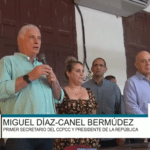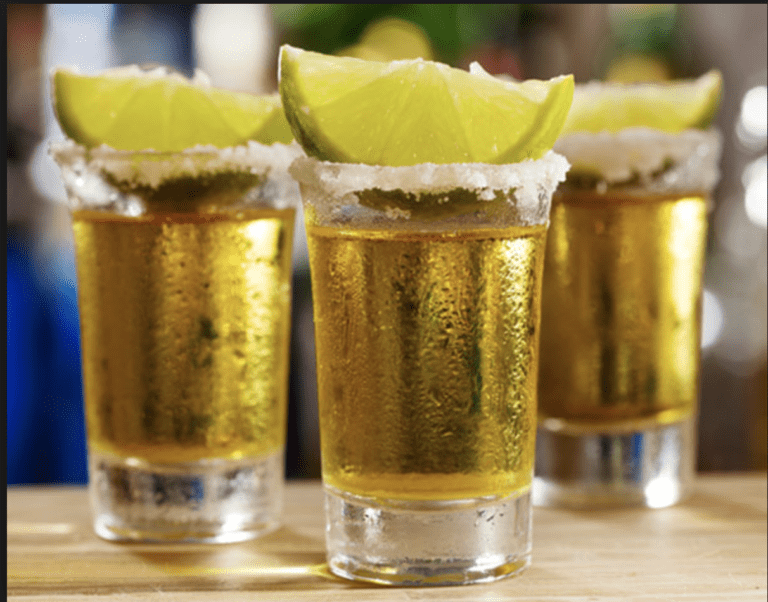CIGARS in USA – A new hope ?
Many cigars producers were hoping for Trump’s victory. The Obama administration has, in their opinion, imposed way too many regulations on their industry. What does the current situation look like?
By Guillaume Renouard
Since August, 2016, cigar aficionados and manufacturers have been in a gloomy mood. A set of new, harsh regulations implemented by the Food and Drugs Administration (FDA), a federal agency responsible for protecting public health, is imposing cumbersome administrative procedures to cigar producers. Those affected are warning that this could wreak havoc on small manufacturers and lead to a less diverse offering for customers.
The whole thing started back in 2009, when Congress implemented the Tobacco Control Act. “That law gave FDA the authority to regulate “tobacco products”, which is defined broadly to include all products made or derived from tobacco.” explains Azim Chowdhury, an expert in tobacco product regulation. At first, the Tobacco Control Act only gave FDA the immediate authority to regulate certain categories of tobacco products — cigarettes, smokeless tobacco and roll-your-own tobacco. So, initially, cigars were not included.
But on August 8, 2016, the FDA decided to extend the regulation to all tobacco products, as authorized by law. This includes hookah, pipe tobacco, e-cigarettes and cigars. A bombshell to the cigar industry. Among the new regulations imposed by the Tobacco Control Act, the most controversial is the FDA premarket review.
A discouraging validation process
As required by law, any cigars introduced or modified after February 15, 2007 must be reviewed and authorized by the FDA. The law originally required cigars launched on the market between February 15, 2007 and August 8, 2016 to go through the validation process by August 8, 2018, but the date has since been pushed back to August 8, 2021. Any cigars introduced after August 8, 2016 require getting FDA premarket authorization prior to entering the market.
There are two main premarket authorization pathways, according to Azim Chowdhury. “Filling a Substantial Equivalence Report is the pathway of choice. It requires comparing the new product to a product introduced before February 15, 2007, and demonstrating that no new questions of public health would be raised by the new product. Premarket Tobacco Product Application, the second option, has a much higher legal standard. It requires demonstrating, likely through clinical trials, that the new product is “appropriate for the protection of the public health”.
For 17 million dollars more
Both producers and consumers are raging against this new process, that could endanger the quality and variety of cigars on offer. According to Jacob Grieg, a cigar connoisseur and freelance journalist, who writes for Slate and The Atlantic, this could turn into a legal nightmare for cigar manufacturers. “By the FDA’s own estimate, completing a full Substantial Equivalence Report will take producers about 300 hours. This estimate does not account for any clinical data producers may need to assemble. As a consequence, according to the FDA, the cost of compliance for the cigar industry will be more than $17 million up to August 2018, and more than $4 million per year thereafter.”
For Jacob Grier, “complying with these regulations will increase the cost of introducing a new cigar, so it will almost certainly reduce the variety of cigars on offer. Furthermore, larger, better funded producers will obviously have the advantage here, both in being able to afford the research and to build up the expertise needed to navigate the agency’s requirements.”
Can Donald Trump help the cigar industry?
Cigar aficionados are still hoping that the FDA will soften its regulation, and that they’ll be able to come up with a compromise on hand-rolled cigars. Their hopes rely on Scott Gottlieb, a former doctor who was appointed head of the FDA by the Trump administration in June, 2017. He would already have proven to be more open to negotiations than his predecessor. “Under Scott Gottlieb, the agency has changed its course on e-cigarettes and shown signs of taking a much more reasonable, evidence-based approach to regulating them. It’s possible that the agency will take a similar initiative on cigars, though I haven’t seen particular signs of this yet.” concludes Jacob Grier. Many aficionados now share his hopes.
You might also like

Habanos S.A. features a Partagás for the Year of the Snake

L’Amateur de Cigare English edition #22 is online

Belgium bans public display of all tobacco products from April 1, 2025

Tobacco is Cuba’s “main export product”, according to president Miguel Díaz-Canel

Phoenicia’s Diplomaticos Genios introduced in Havana
Current Issue
ADC Eng 22
All the latest cigar news


